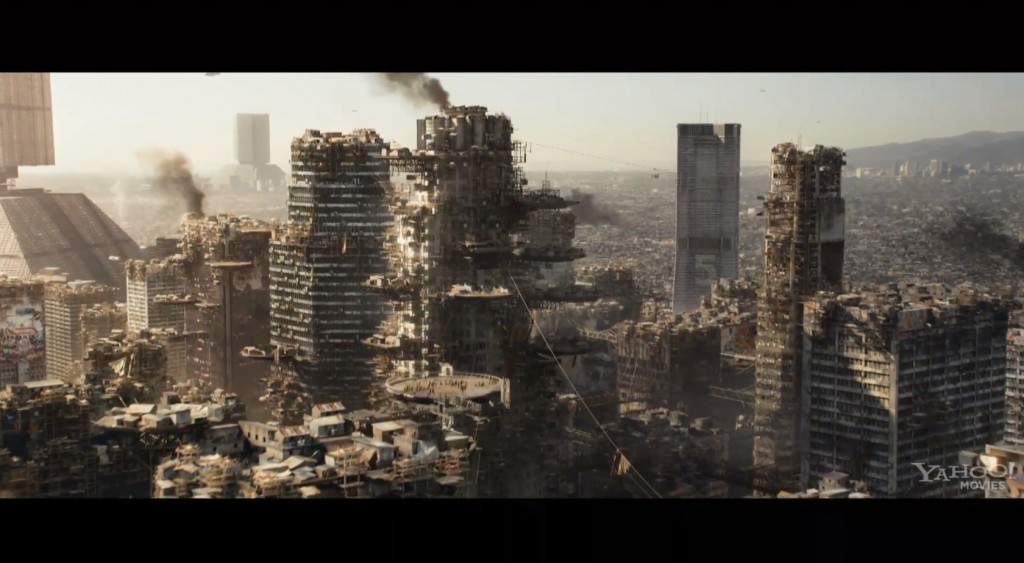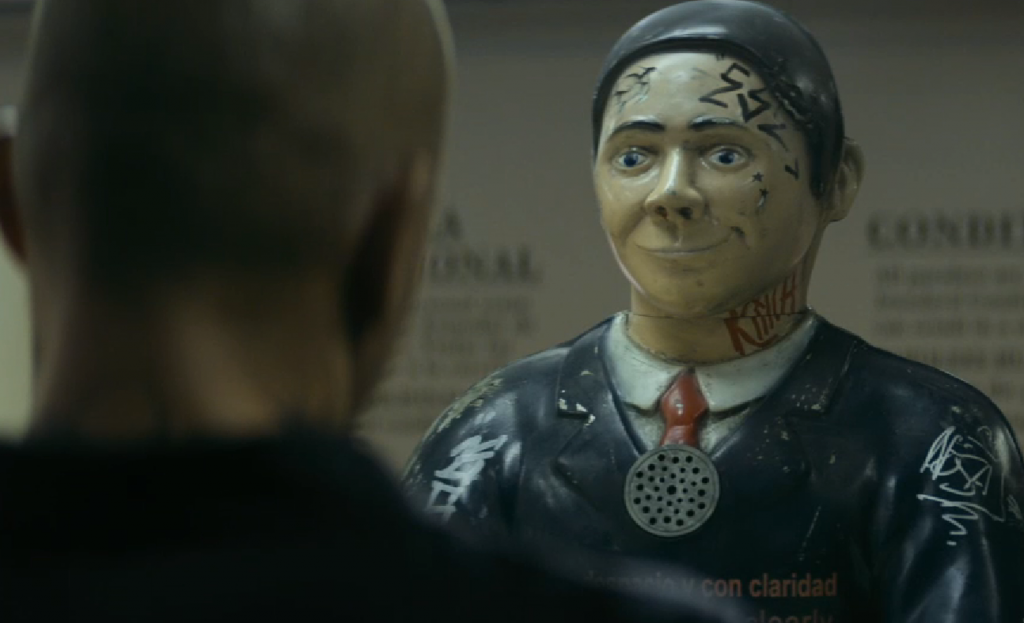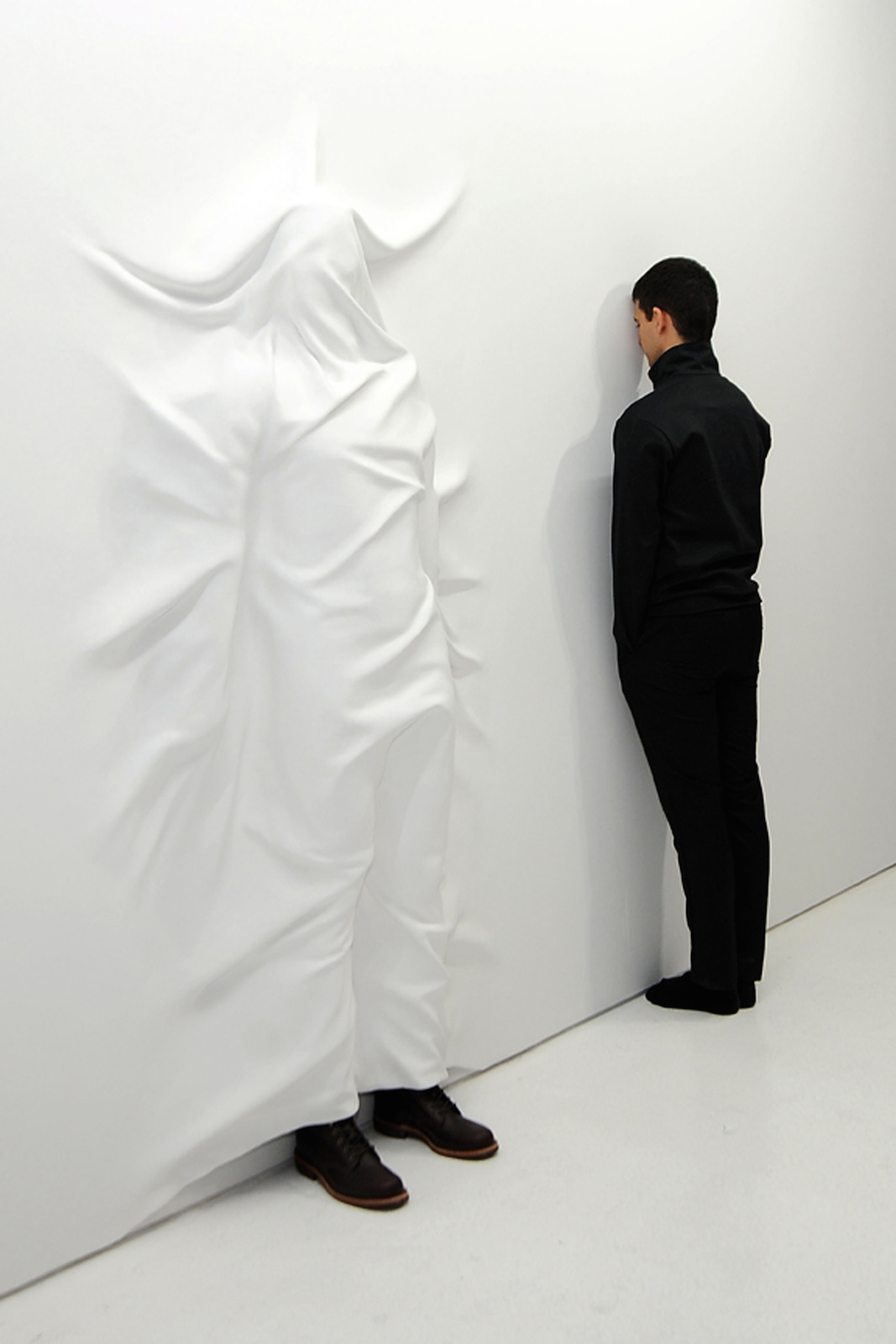INHALE is a cultural platform where artists are presented, where great projects are given credit and readers find inspiration. Think about Inhale as if it were a map: we can help you discover which are the must-see events all over the world, what is happening now in the artistic and cultural world as well as guide you through the latest designers’ products. Inhale interconnects domains that you are interested in, so that you will know all the events, places, galleries, studios that are a must-see. We have a 360 degree overview on art and culture and a passion to share.

For a while now, I find that big budget action movies just don’t do the trick for me anymore. Even with many of the old guard from the 80’s embracing post-modern readings of the action genre, constantly winking at its meme-hungry viewership (the Italian version is hilarious), there is still something painfully dull about blockbusters. Inevitably, I end up creating alternative narratives for each movie, most enjoyably centred on politics. Cinema has always been a launchpad for the most evident forms of propaganda, but films like Elysium have all the elements of unimaginative bureaucratic creative work without any state funding to explain it. Given Matt Damon’s known philanthropy and strong democrat affiliation, perhaps it is not surprising to see him in a movie that enforces the political fence in the already polarized US society.
Let’s start by looking at the horrible habitat Earth has become in Elysium. The year is 2154 and humans are split in a two tier class system between citizens,with access to the lush tropical-resort-like Elysium station outside Earth’s atmosphere, and the rest. The first shot of the rotating Elyseum made me think of the opening scene in 2001: Space Odyssey, but it turns out that even 150 years into the future(fictional or otherwise) humanity has only managed to advance A.I.as far as recognizing irony and being more muscular. It’s been obvious for a while that future worlds will no longer be portrayed in a positive manner, but given that the film’s technical crew was mostly drawn from District 9, the fact that we’ve gone from ‘this is how a South African alien ghetto looks like’, to ‘this is how Earth looks like’ seemes a bit dramatic. The landscape is filled with Mad Max imagery, geek-communities living in underground shelters, neons flicking all around, planning the next horribly flawed attack on the establishment. The ‘opposition’s’ main goal is to smuggle people onto the Elysium station, where state of the art facilities can cure any disease, and they do this in the least strategic way possible(until Damon shows up). Also, the choice of music does not appear to have evolved past dubstep. This is truly sad.
What this sets up is an allegorical space for a conversation on equity and politics that is reinforced by every character in the film, especially Matt Damon’s Max De La Costa. Firstly, he is Mexican. It is never explained or worked on, but we just know that he is, the film arbitrarily identifying the main character with the biggest immigrant population in current day America. As a person, Max is a cog in the system, trying to sort his life out after various stints in prison. He is thus part of the working class, assembling the robots that make up the police force that harasses him every day and break his arm on his way to work. On top of the fact that it’s a very bad metaphor, it also assumes that although there is highly superior technology, full automation is not something that has been introduced in the manufacturing process. The system thus operates on the logic of 19th century capitalism, with ruthless businessmen apparently thinking that a worker’s life is less important than the assembly line being stopped for 5 seconds. This particular incident leads to Damon’s character being irradiated and triggering Max the hero character.
Fortunately for the likely bored audience, Max the hero is somewhat unique in his drive for most of the movie. I would identify him with middle class America if anything. Namely, he finds himself in the situation that he needs to cure himself, and the only way to do that is to bring the entire system down. Although he ends up bringing along a sick child of a former lover with him, he obsessively repeats that he is doing all of it to stay alive, the perfect self-involved 21st century man. But as those exact words are heard over and over again and mixed with images of suffering populations, the audience is supposed to realize that his striving for life is the call of all humanity that is stuck on Earth to be granted the right to live. This is why he sacrifices himself at the end and appears to forget everything his character said up to that point in the movie. Indeed, the middle-class American, underneath his ego-driven persona, is in fact a humanitarian that is willing to trade his precious life for the good of others. How noble.
In terms of negative characters, there is Jodie Foster as the commander in chief of Elysium’s defenses. Given her rhetoric and militarism that stands in contrast to the supposed ‘enlightened’ leaders of Elysium, she is either a critique on the Republican party’s war-mongering crowd of neocons, or a slight wink at Israel. It doesn’t stop here though, as this system is attacked right before Max’s crew get a chance to, by the rogue assassin Jodie Foster’s character employed on Earth, Kruger. He sports a ridiculous South-African accent and is likely to make even the most unassuming viewer think of apartheid. As cartoonish right-wing characters parade at the helm of Elysium, exposing structural flaws that could be spotted by an 8-year old, our heroes finally achieve victory and save the day. The hackers finally over-ride the Elysium system, the child is saved and drones are heading to Earth to provide assistance to the newly registered citizens. This finally wraps up what can be best seen as a 2 hour long advertisement for the Obamacare program, ardently supported by Hollywood figures, Matt Damon included.
I could of course not look at it like that, but then the film fails on every account of cinematic experience, mainly because it lazily drifts into familiar patterns of action movies that have long lost their appeal. Now, Elysium will always be:
‘Hey, remember when Matt Damon did that advertising campaign for Obama’s re-election?’
’Ow yeah, didn’t it come out like, a year too late though?’
‘Yeah, that was funny’.
Next up, how Tom Cruise went from scientology nutter to Tea Party hero.
by Paul Dunca
Paul Dunca is a freelance saboteur looking for a change of pace. He writes reviews and opinion pieces to keep appearances and can be reached at various wishing wells around London.































































